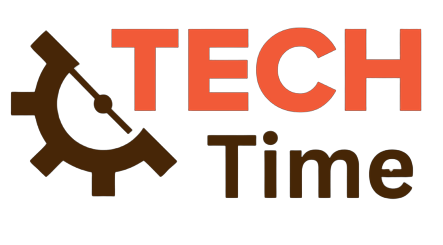Coding Compliance – Ensuring Accuracy and Integrity in Medical Claims
Medical coding translates clinical services into the standard billing codes payers require. But coding also carries legal and ethical obligations to maintain accuracy and integrity. While complex, compliance ultimately protects providers and patients alike.
Understanding Coding Rules
The first component of compliance is understanding the myriad of coding rules spanning procedural and diagnostic realms. Accurately translating medical services into ICD, HCPCS and CPT codes requires extensive training and frequent continuing education. The experts at Find-A-Code.com say that coders must know systems inside and out.
From code selection nuances to using appropriate modifiers in special scenarios, every coding decision matters. Lack of familiarity with guidelines invites errors jeopardizing revenues and compliance. Keeping coding knowledge sharp is imperative.
Linking Documentation to Codes
Codes assigned must precisely represent the documented clinical details. Coders cannot embellish or upcode services beyond what is recorded in the medical chart. And documentation must provide sufficient detail to justify the codes selected.
Vague, missing, or conflicting documentation invites coding errors, so educating clinicians on compliance requirements and consistently collaborating to resolve documentation gaps promotes accurate coding. After all, coders can only work with the clinical narrative they are given.
Safeguarding Patient Privacy
Along with coding details themselves, managing data securely is mandatory. Patient privacy must be safeguarded when accessing records, querying documentation, and assigning codes. Only staff involved directly in the coding process should view identifiable health details.
Records should be accessed in encrypted databases using strong passwords that are changed routinely. Documents containing sensitive information must be handled and disposed of carefully. Patients trust providers to keep their health details confidential.
Creating Compliance Infrastructure
Organizations should institute formal compliance programs encompassing coding and documentation education as well as auditing protocols. Identifying problems early allows self-correction before issues grow bigger or attract legal scrutiny.
A designated compliance officer independent from coding staff should perform routine audits comparing documentation to coded claims. Any concerning patterns warrant further investigation and remediation.
Upholding Ethical Standards
At its heart, coding compliance centers on ethics. While reimbursements support healthcare operations, funds must be earned fairly and truthfully. Inaccurate, misrepresented, or over-inflated claims violate payers’ and patients’ trust in addition to legal regulations.
Providers and coders who bend rules risk severe organizational penalties and personal consequences. A culture promoting diligent research, transparency and quality assurance helps sustain high ethical norms.
Remaining Current amidst Changes
Finally, compliance requires continually updating protocols as coding systems evolve. ICD codes undergo revisions, new CPT codes are added annually, and CMS rules frequently change. Dedicated education and audits must account for new developments to avoid falling out of compliance.
Forward-looking organizations foster climates where staff are comfortable asking questions and raising concerns without fear of reprisal. Proactive compliance efforts help prevent problems and instill integrity.
The Case for Compliance
While achieving flawless coding can be challenging, making good faith efforts to follow guidelines demonstrates providers’ commitments to lawful, ethical care. Beyond mitigating penalties or legal liabilities down the road, a culture of education, accuracy and integrity promotes right-doing simply for its own sake. Investing in compliance now means organizations create workplaces they can stand behind with pride.
Conclusion
Though complex, coding compliance ultimately serves a noble aim – ensuring clinical services are represented truthfully for appropriate reimbursement. Viewing compliance as an opportunity to reinforce ethical values, not just mitigate legal risks, fosters the right mindset. With robust education, transparency, accuracy checks and accountability, providers earn the trust placed in them. While the rules will keep evolving, an ethos of integrity endures. Embedding compliance into everyday habits means coders and clinicians reinforce their pact with patients and payers built on honesty and fairness.



